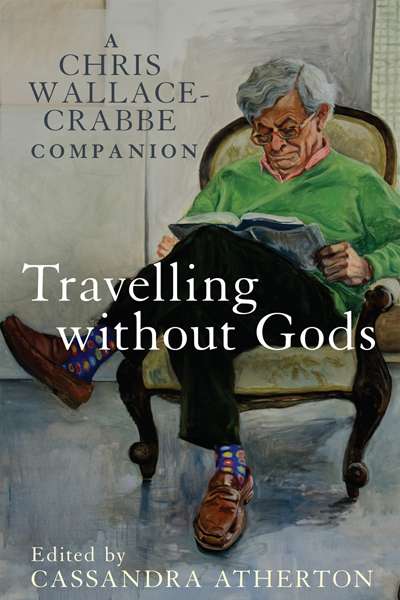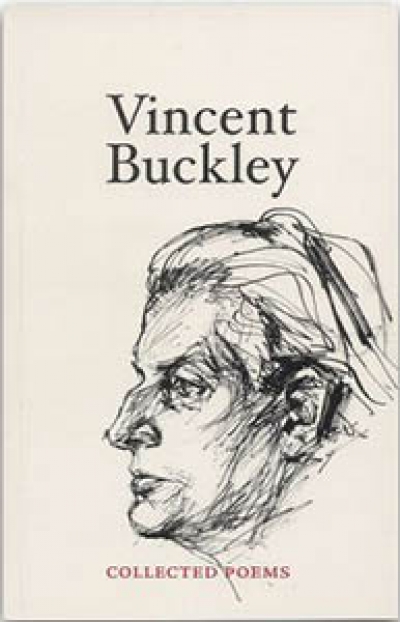Chris WallaceCrabbe
Travelling Without Gods edited by Cassandra Atherton & My Feet Are Hungry by Chris Wallace-Crabbe
Vincent Buckley edited by Chris Wallace-Crabbe & Journey Without Arrival by John McLaren
Oxford traveller
Dear Editor,
In his ‘Diary’ in the March 2007 issue of ABR, Chris Wallace-Crabbe tells us that he’s been reading Ulysses and War and Peace (‘alternately’) as he travels to Oxford. Then, out of the blue, he adds: ‘Meanwhile, Ken Gelder has written the most appalling attack on literature, and especially on the concept of style, in the latest Overland. His anti-aesthetic position is, of course, indistinguishable from that of John Howard and the right-wing philistines. It has been so for a long time: the right and the far-left in materialist cahoots.’ My Overland essay was a criticism of Tory literary tastes and positions in Australia, including the disdain some writers have for readerships. Only a blinkered literary snob could construe this as an ‘attack on literature’. I found Wallace-Crabbe’s insulting remarks utterly perplexing. For example, what does he mean by ‘the concept of style’? Whose concept? I have no idea. What does he mean by ‘anti-aesthetic’? The term used to be used by postmodernists, but he also attributes it to John Howard – a point which seems to fly in the face of reality.
... (read more)

